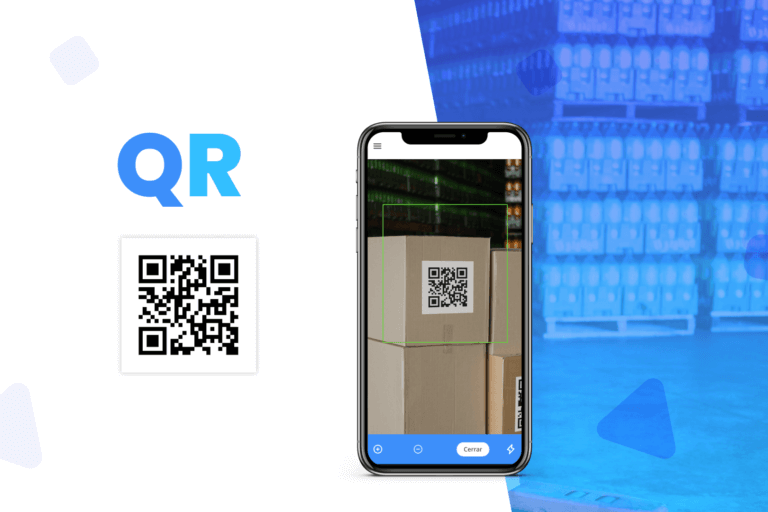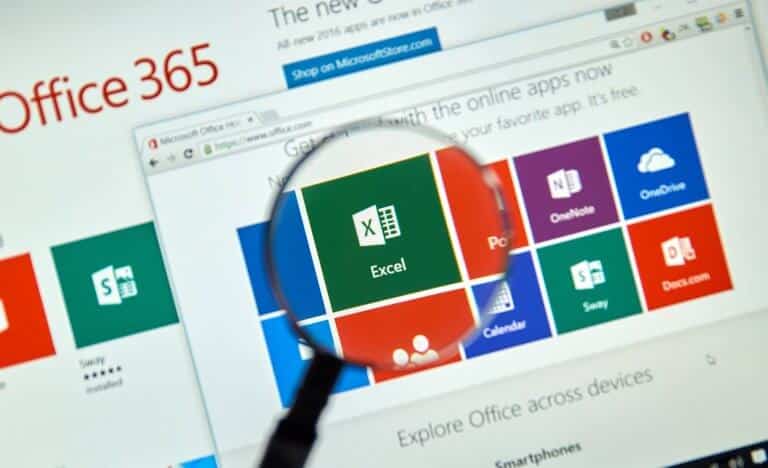Online interaction in social media has grown exponentially in recent years, especially during the months of pandemic and forced confinement, positioning these new “virtual squares” as indispensable tools to consolidate the successful positioning of companies, especially in the B2C relationship.
In recent years, the use of the Internet has grown exponentially, and with it the interaction in social networks has also intensified, creating new spaces of relation that have become consolidated as the new “virtual squares” of society.
This situation has been particularly intense during the current pandemic, after quarantines and confinements forced both companies and consumers to interact almost exclusively through online media, especially on B2C channels.
In fact, platforms such as Facebook, Instagram, Twitter, LinkedIn or Pinterest have become a vital means of communication, not only to dialogue with friends and family, but also as an essential communication tool for the success of any business.
This implies that modern companies and organizations must necessarily have an active online presence in social media, especially if they aspire to successfully position themselves in an increasingly competitive market. In this way, companies increase their visibility and obtain numerous advantages and benefits, in terms of positioning, image and consolidation of brands, products and services.
In fact, not having an adequate digital marketing and “social-media” strategy implies giving up immediate and instantaneous interaction with a large group of clients or consumers, who day by day search on social networks for the necessary foundations for their respective purchasing decisions.
Benefits of social media for companies
It is no mystery to anyone that a large percentage of modern consumers, especially the youngest, interacts daily on social n. In this way, direct contact with them offers the real opportunity to meet them, know what they need and what to offer them at the right time in order to turn them into “captive customers” and loyal followers.
This circumstance has been especially valuable for the retail trade and the food industry, for example, which today no longer depend on physical or face-to-face channels to market their products and services. On the contrary, they have managed to position themselves actively through an extensive ecosystem of virtual providers (such as Dark Stores), purchasing applications and “last mile” distributors, who operate directly on social networks such as Facebook, Twitter and Instagram, to access to all target audiences, even during the long months of quarantine.
Other benefited sectors have been construction and mining, which have managed to improve their “corporate image” through communication campaigns on social networks, where they have emphasized their compromise to sustainability, circularity and environmental commitment, as a mechanism to generate greater loyalty and follow-up.
In general terms, business interaction on social media provides the following business advantages:
- Projects a positive and close image of businesses, products and services.
- Offers information and support to customers.
- Strengthens relationships with suppliers and customers.
- Provide first-hand opinions about companies, their products and services.
- Resolve dissatisfactions or conflicts with customers.
- Disseminates relevant information about the company.
- Improves the positioning of the corporate website in Google and other search engines.
- Helps launch advertising campaigns or announce new products and services.
- Deliver information on similar products and services, or those belonging to the competition.
Online positioning strategies
Once the decision to be present on social networks is made, it is important to draw up a positioning strategy that considers the following aspects:
- Know your target audience well.
- Study the competition and observe what strategies are successful for them.
- Generate attractive content and messages, using simple and easy-to-understand language.
- Do not use all existing networks, but only those most relevant to the success of the company and their respective products or services.
In this way each company could generate greater trust, credibility and transparency, obtaining loyalty from the followers, and turning them into “social ambassadors” of their brands.
Another relevant aspect of the interaction in social media is that the cost of carrying out campaigns through them is much lower than traditional marketing and advertising. In addition, it allows a more defined segmentation, in order to reach the most appropriate audience.
In turn, this increased visibility will generate a better customer experience, increase brand awareness and public trust, promote direct communication with customers, and create a broad community of loyal fans.
The most popular social networks
It is, without a doubt, the classic platform par excellence, given that its large number of active users positions it as an excellent option to find the precise target audience for each business.
However, as it is normally only used to maintain contact with friends and / or acquaintances, it has a more social and leisure nature, which is why it is more useful for companies that target the final public (B2C). For example, companies related to travel, outdoor activities, sports or gyms, restaurants, bars, retail, food and online stores.
On the contrary, this social network will be less useful for campaigns aimed at companies (B2B) or very specific businesses, such as, for example, industries that sell heavy machinery, or any company whose target audience is other large organizations, and not isolated individuals.
It is one of the most popular social networks in recent times and, like Facebook, offers an excellent platform to sell directly to the final public, both in B2C and C2C modes. Therefore, it tends to be more effective for those businesses that sell products or services, for example, in the areas of health, beauty and / or aesthetics, fashion, food, retail, travel, wellness and sports.
On the contrary, it is not an advisable interaction platform for specific businesses destined for large corporations, such as, for example, maritime transport of goods, transport of values, or chemical product traders.
However, those companies oriented to conquer the preferences of entrepreneurs or to sell initial equipment for startups, can achieve a positive impact, since a large part of this segment interacts both on this network as on Facebook.
This case represents the reverse of the medal, as it is a professional social network ideal for businesses whose target audiences are other companies (B2B).
The LinkedIn user interacts mainly in this channel for work reasons. Either to expand his network of contacts, to find a job or to identify the most prominent stakeholders in the market.
Therefore, it offers great prospects for success to companies whose purpose is to sell to other companies. For example, activities related to marketing, technology, science, exploitation of natural resources, heavy industry, human resource management, construction, financial entities and large mining, among others.
All of them will have the opportunity to better position themselves, practice networking and gain professional visibility within their respective field of action.
On the contrary, those organizations that target the customer or end user do not usually have as much positive impact on LinkedIn.
Its potential is fundamentally based on instantaneousness to transmit information. This makes it a great source of news and opinion. In fact, it can be used both by businesses that are mainly aimed at the end public, as well as by those that sell products or services to other companies. In this last group we can mention organizations dedicated to the dissemination of news, sports, politics, telecommunications and technology.
Less positive impact will be achieved by companies of a local and limited nature, such as, for example, convenience or retail stores in small towns.
This unknown, but no less important social network, works optimally for activities aimed at the end customer, thanks to its ability to index topics on Google. Highlights, for example, the sale of decorative items, clothing and handicrafts, as well as the offer of event production and catering services, especially if they belong to companies that carry out their activities mainly through online channels (darkstores).
On the other hand, those companies destined to sell products or services to other companies, especially highly specialized businesses, such as law firms or talent and human capital management services, among others, will not be very successful.
Download the DataScope app and start now!
DataScope is the ideal tool to eliminate paper use, save time, and efficiently collect data from the field. It allows companies to streamline, organize and evaluate field work thanks to its online forms, which provide indicators in real time, 100% adaptable to any area.
With DataScope, your team can answer custom mobile forms from their phones or tablets, online or offline, through the app.






